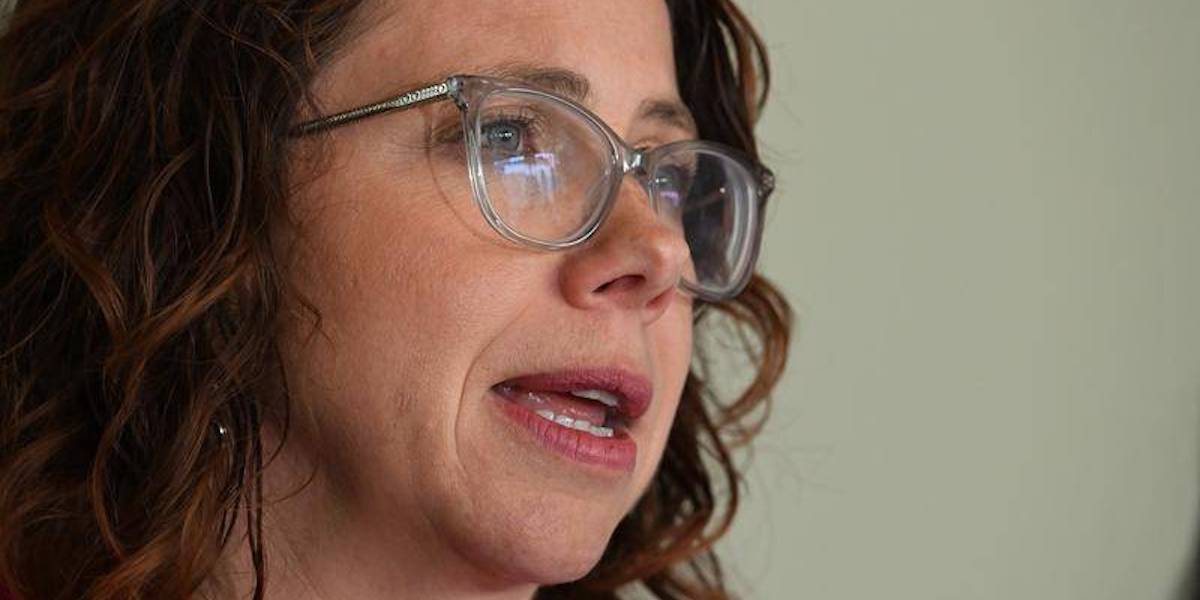The Department of Social Services has extended the Disability Employment Services (DES) program for a further two years and are planning changes aimed at improving the quality of outcome for jobseekers with a disability.
The Disability Employment Services works with Service Providers, such as Mission Australia and The Salvation Army, to assist people with a disability to prepare for, find and maintain employment. However, the effectiveness of the service has been questioned, with the Australian Institute of Health and Welfare finding working aged people with a disability are twice as likely to be unemployed as those without a disability.
The Minister of Social Services, Amanda Rishworth, spoke at Australia’s Disability Strategy National Forum 2022 addressing the inefficiencies of the DES, announcing a trial that will strengthen the link between the National Disability Insurance Scheme and the DES.
“Sometimes all people with disability need is an opportunity; and a society and workforce that reflect genuine inclusiveness”.
The minister also told ABC’s 7.30 program that participant feedback will be a likely change to the DES program.
“What I noticed is that participants who have experienced the service don’t really have a say or get to inform the evaluation process.”
“Ensuring that these services are rated and assessed on a much broader basis, I think, will deliver a much better insight into how these services are performing,” she said.
Earlier this year, the DSS announced the New Specialist Disability Employment Services Model (NSDESM), costing $19.4 million, as the replacement for the current model. They undertook a public consultation to offer the impacted individuals and organisations the opportunity to provide feedback on how the new model can best help people with a disability prepare for work, find and keep a job, and progress their careers.
Of the 152 submissions, the public consultation revealed employer engagement, mutual obligation, eligibility, assessment, and funding were important issues to be reconciled by the new model. However, changes addressing these issues have yet to be announced.
Marcus*, a 37-year-old NSW resident who is legally blind, has been engaging with DES providers since 2005. He believes that workplace modifications, equipment and the wage subsidy has been beneficial in his experience with multiple employers.
“The DES program is bureaucracy gone mad,” he said, citing his experiences of unsuitable and dangerous job recommendations, unreliable workplace assessments, lengthy delays, and incorrect supplying of workplace modifications and equipment.
Marcus now works at a restaurant, a job he found by himself. After he started work, the DES offered a workplace assessment which Marcus declined due to previous unhelpful encounters with the assessment process, on of which led to a costly error.
“The assessor supplied incorrect equipment costing the taxpayer over $2500 for something I could do with my iPhone”.
Contrary to Amanda Rishworth’s claim regarding the workplace exclusion of people with a disability, Marcus expressed his appreciation for the specialised support provided by his employer, such as accessibility zoom on the workplace iPads and a VIP (Vision Impaired Person) badge.
“I am able to discuss any needs I have with management and the owner,” he said.
Many participants in the program have complained on social media about the lack of opportinity to provide feedback on the program.
Complaints also include that the obligations for participants, such as a minimum of 8 hours of work per week, fail to accommodate a range of circumstances. Some suggested that assigning participants into one of two categories, for example, ‘Not ready for work’ or ‘Ready for work’, may allow the DES providers to better utilise their resources toward helping participants achieve their employment goals.
A discussion paper on options for the Quality Framework for the Disability Employment Services is open for public comment now at https://engage.dss.gov.au/a-draft-quality-framework-for-the-disability-employment-services-program/. Submissions close on February 26, 2023.
Got something you want to say about this story? Have your say on our opinion and comment hub, New England Times Engage


